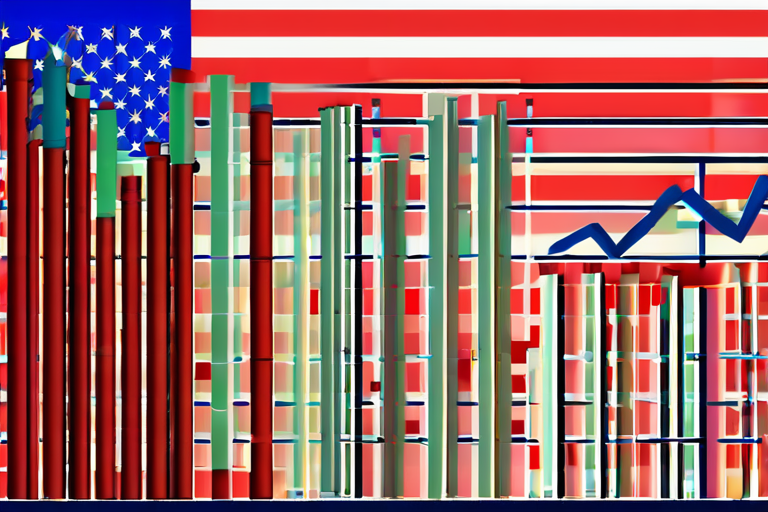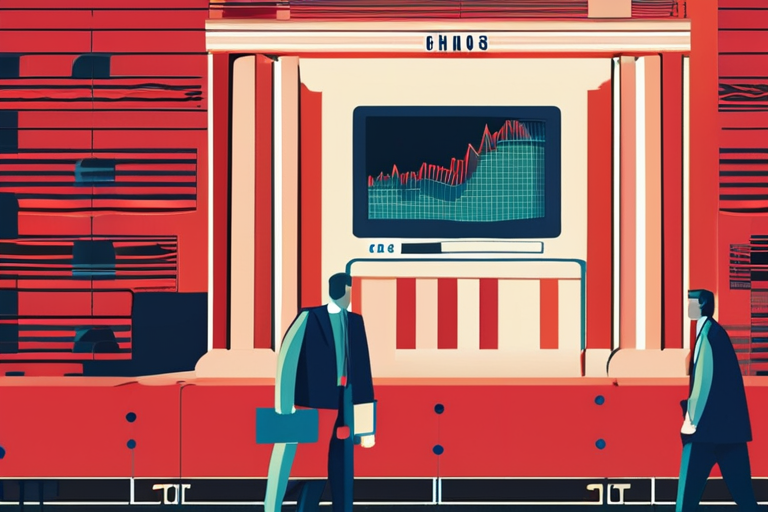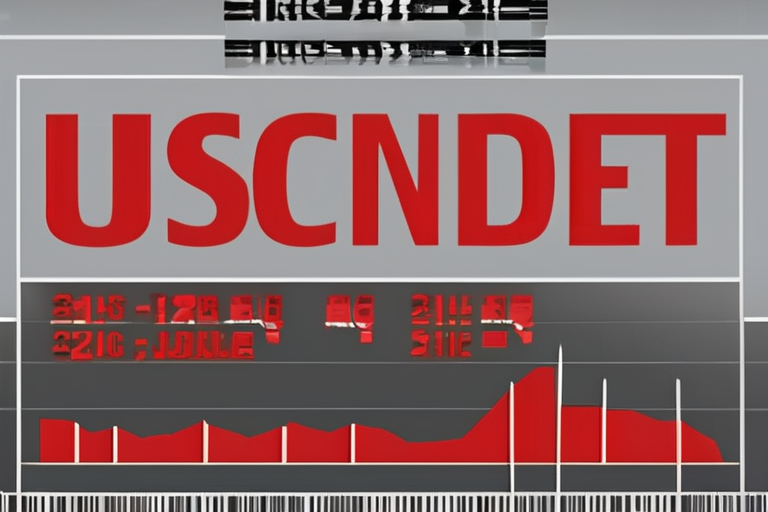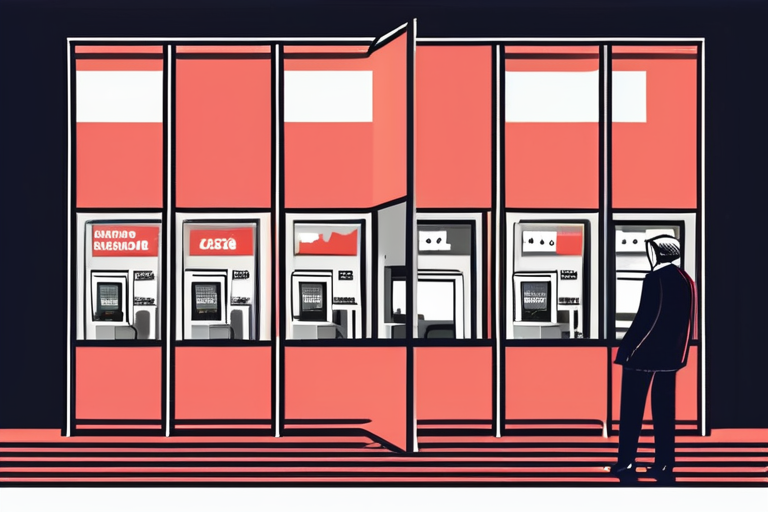Consumer Sentiment Hits Near-Record Lows Amid Ongoing Government Shutdown
The University of Michigan's sentiment index plummeted to 50.3 in November, marking a significant decline from the 53.6 reading in the previous month. This near-record low is eerily reminiscent of the 50 mark set in June 2022, when the annual rate of inflation reached its post-pandemic high. The ongoing government shutdown has undoubtedly contributed to this pessimistic outlook, with consumers expressing concerns about the potential negative consequences for the economy.
According to the survey's director, Joanne Hsu, the decline was widespread, affecting consumers across various age groups, income brackets, and political affiliations. However, one segment of the population bucked this trend: consumers with the largest tercile of stock holdings. This group saw a notable increase in sentiment this month, defying the overall downward trend.
The University of Michigan's sentiment index is a widely followed indicator of consumer confidence, which has significant implications for the broader economy. A decline in consumer sentiment can lead to reduced spending, lower economic growth, and potentially even recession. In this context, the government shutdown's impact on consumer confidence is particularly concerning, as it has already led to a near-record low in sentiment.
The stock market has also been affected by the government shutdown, with the S&P 500 index experiencing a decline of 2.5% in November. This downturn has resulted in a loss of approximately $1.2 trillion in market value, highlighting the significant impact of the shutdown on investor sentiment.
The companies most affected by the government shutdown include those in the financial sector, such as banks and investment firms. These companies rely heavily on government data and regulatory guidance, which has been disrupted by the shutdown. For example, the shutdown has delayed the release of key economic data, including GDP and employment numbers, making it challenging for companies to make informed investment decisions.
Looking ahead, the future outlook for consumer sentiment remains uncertain. The government shutdown is expected to continue, and its impact on the economy will likely be felt for some time. However, the resilience of consumers with the largest tercile of stock holdings suggests that there may be a silver lining to this otherwise bleak picture. As the economy continues to navigate this challenging period, investors and policymakers will be closely watching consumer sentiment for signs of a potential rebound.
In terms of numbers, the University of Michigan's sentiment index has declined by 3.3 points in November, marking a significant drop from the previous month. The index's decline has been driven by a decrease in consumer expectations, with the current economic conditions index falling to 63.4 from 67.4 in the previous month. The index's expectations component has also declined, falling to 46.2 from 49.4 in the previous month.
The stock market's decline in November has been led by the financial sector, with the S&P 500 Financials index experiencing a decline of 3.5% in the month. This downturn has resulted in a loss of approximately $250 billion in market value, highlighting the significant impact of the shutdown on investor sentiment.
In conclusion, the near-record low in consumer sentiment is a significant concern for the economy, particularly in the context of the ongoing government shutdown. However, the resilience of consumers with the largest tercile of stock holdings suggests that there may be a glimmer of hope in this otherwise bleak picture. As the economy continues to navigate this challenging period, investors and policymakers will be closely watching consumer sentiment for signs of a potential rebound.



























Share & Engage Share
Share this article